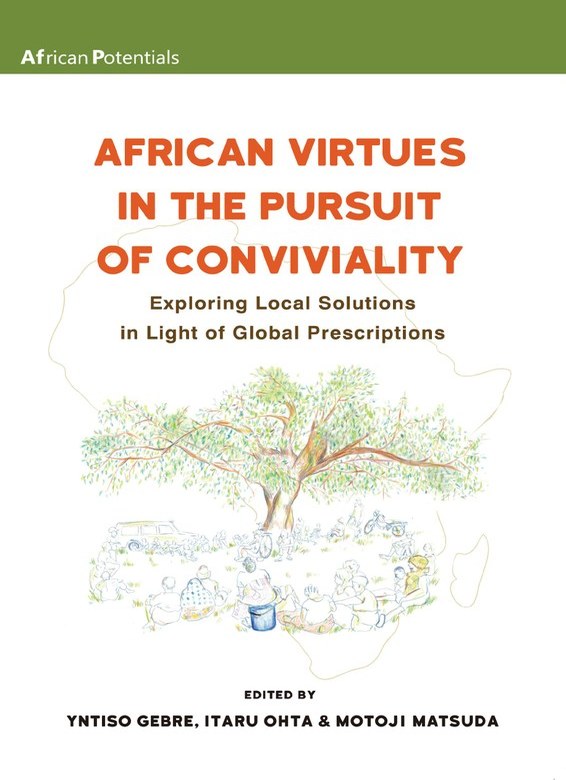edited by Itaru Ohta, Motoji Matsuda and Yntiso Gebre
Exploring Local Solutions in Light of Global Prescriptions
African societies have rich histories, cultural heritages, knowledge systems, philosophies, and institutions that they have shaped and reshaped through history. However, the continent has been repeatedly portrayed negatively as plagued by multitudinous troubles: famine, conflict, coups, massacres, corruption, disease, illiteracy, refugees, failed state, etc. Even worse, Africans are often viewed as incapable of addressing their problems on their own. Based on such erroneous perspectives and paternalism, exogenous solutions are prescribed, out of context, for African problems. This book sheds light on the positive aspects of African reality under the key concept of ‘African potentials’. It is the product of sustained consultation over a five-year period between seasoned African and Japanese anthropologists, sociologists and scholars in other areas of African studies.
| ISBN | 9789956764174 |
| Pages | 466 |
| Dimensions | 229 x 152mm |
| Published | 2017 |
| Publisher | Langaa RPCIG, Cameroon |
| Format | Paperback |






4 comments
“This is a best illustration of what can be done when African studies in Japan and Africa are put together in a collaborative relation. Meticulously ethnographic and freely reaching out to neighboring disciplines, it clearly shows why we need to practice ‘world anthropologies’ and access local realities without resorting to the claims that have been produced at the center of the world system of knowledge production. Exploring ‘African Potentials’ itself demonstrates the potentials of such an approach”
Junji Koizumi, Secretary-General, IUAES, the International Union of Anthropological and Ethnological Sciences
“This book draws our attention to the efficacy of African values and institutions to solve African problems. African potentials, the overriding theme of the book, are seen not in a static and primordial sense but in their dynamic evolution through their interaction with global influences. The attributes of these potentials include plurality (rather than uniformity), resilience in the face of overwhelming challenges, and innovative and creative cultural expression.”
Bahru Zewde, Emeritus Professor of History, Addis Ababa University, Ethiopia
“This book shows that the key to ‘African Potentials’ resides in people’s everyday practice. A powerful ethos, based on years of Afro-Asian research collaboration, is shared by all contributors despite diversity in their fields and approaches. I celebrate the birth of a trans-regional epistemic community of ‘African Potentials’.”
Yoichi Mine, Professor of Economics, Doshisha University, Kyoto, Japan
“Based on five years of research, and paying close attention to the lived experience of working people, the collection of essays in this book promises to open up fresh vistas for the reader.”
Mahmood Mamdani, Director Makerere Institute of Social Research, Herbert Lehman Professor of Government, Columbia University